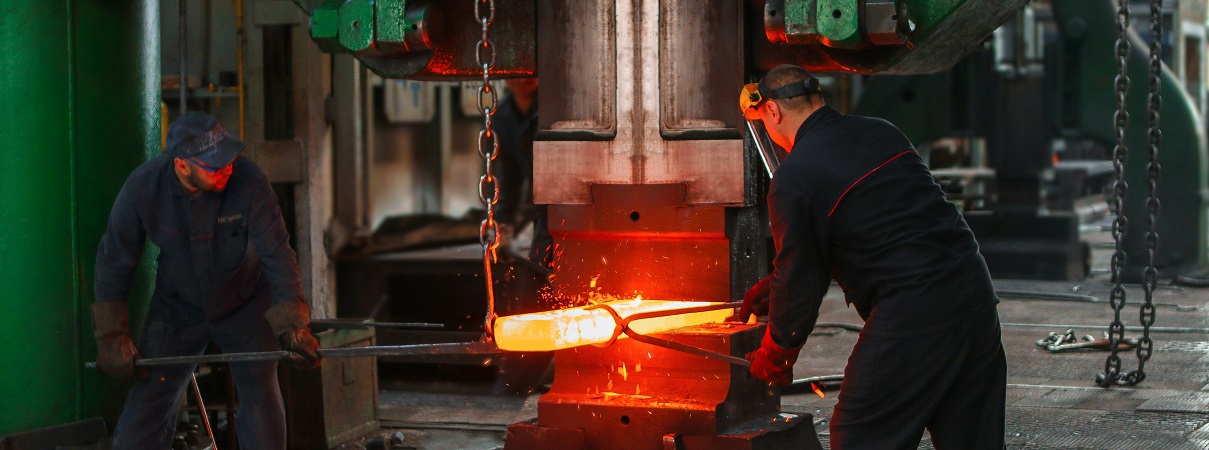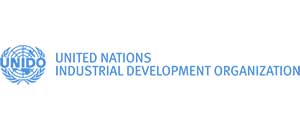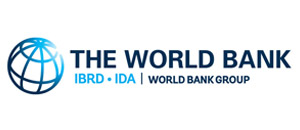Industrial Deep Decarbonisation Initiative

Goal
Stimulating global demand for low carbon industrial materials by:
- Encouraging governments and the private sector to buy low carbon steel and cement, and
- Sourcing and sharing data for common standards and targets
Overview

The Clean Energy Ministerial Industrial Deep Decarbonisation Initiative (IDDI) is a global coalition of public and private organisations who are working to stimulate demand for low-carbon industrial materials. In collaboration with national governments, IDDI works to standardise carbon accounting standards, establish ambitious public and private sector procurement targets, incentivise investment into low-carbon product development and design industry guidelines.
Coordinated by UNIDO, the IDDI is co-led by the UK and India and current members include Canada, Germany, Japan, Saudi Arabia, Sweden, and United Arab Emirates (UAE), and the United States. The initiative brings together a strong coalition of related initiatives and organizations including the Mission Possible Platform, the Climate Group, the Leadership Group for the Industry Transition (LeadIT), and the World Economic Forum to tackle carbon intensive construction materials such as steel, cement and, cement.
Within the next three years IDDI expects to have encouraged a minimum of ten governments to make public procurement commitments for low-carbon steel and cement. An estimated 80 per cent of cement and 90 per cent of steel is produced in around ten key countries respectively. Therefore the adoption of green public procurement commitments — even in just a handful of these countries — will make a great impact in terms of greenhouse gas emission reduction.
Activities
GREEN PUBLIC PROCUREMENT CAMPAIGN
Goal
Public procurement of steel and cement represents a very high share of domestic markets for such materials across most major economies. The Green Public Procurement Campaign is an effort by participating members to drive the global decarbonisation of heavy industries such as steel and concrete by creating a market demand for low- and near-zero carbon concrete and steel through public procurement commitments.
IDDI’s Green Public Procurement Pledge asks member governments to start (no later than 2030) requiring that steel, cement and concrete used in all public construction projects are low-emission – and that ‘signature projects’ use near-zero emission materials. It also includes targets to require (by 2025) the monitoring and disclosure of embodied carbon emissions of steel, cement and concrete in publicly-funded construction projects. (Embodied carbon is all the carbon emitted by producing a material throughout its lifecycle.) The aim is for net-zero emission steel, cement and concrete to be used in all public construction projects by 2050.
The pledge sends a clear message to steel, cement and concrete manufactures. It explicitly recognizes that low- and near-zero construction materials may cost more in the short-term, but governments will still buy these products for public works if they are made.
By 2025, IDDI expects to have enabled a minimum of ten governments to make green public procurement commitments to buy low or near-zero emission steel, cement, and concrete.
Participants
Canada, Germany, United Kingdom
Additional information
Partners include over 70 organizations across government, trade associations, academia, and the private sector, with specific support from the Mission Possible Partnership, First Movers Coalition, Steel Zero Campaign, The Climate Group, the LeadIT, IRENA and the World Bank
GPP Factsheet: https://www.industrialenergyaccelerator.org/general/factsheet-the-deep-industrial-decarbonization-initiative/
Press Release from COP26: https://www.unido.org/news/worlds-largest-steel-and-concrete-buyers-make-game-changing-push-greener-solutions



